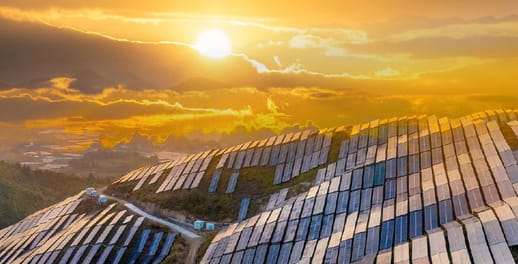The information furnished in this report, brochure, document, material, or communication (“the Communication”), has been prepared by Investec Bank Limited, acting through its Investec Corporate and Institutional Banking division (herein referred to as “Investec”). This Communication does not constitute: a research recommendation, investment, legal, tax or other advice; and is not to be relied upon in making an investment or other decision. The intended recipients should consider the information contained herein to be objective and independent of the interests of the trading and sales desk concerned. Opinions and any other content including data and market commentary in this Communication are provided for information purposes only.
The information contained herein has been obtained, where required, from various sources believed to be reliable and may include facts relating to current events or prevailing market conditions as at the date of this Communication, which conditions may change without notification to Investec and/or the recipient. This is a summary of relevant information and should not be considered as complete.
This Communication may not be considered as “advice” as contemplated in the Financial Market Act, 19 of 2012 and/or the Financial Advisory and Intermediary Services Act, 37 of 2002 as it does not take into account your financial position or needs. Please note that Investec provides products or services to you other than financial products or financial services that are not regulated under FAIS and therefore you may not be afforded the same protections in respect of those additional products or services that may apply in respect of the provision of financial products or services in terms of FAIS.
This Communication may also not be seen as an offer to enter into or conclude any transactions. In relation to the information Investec does not guarantee the accuracy and/or completeness thereof and accepts no liability in relation thereto.
You should make your own independent evaluation of the relevance and adequacy of the information contained herein and make such other investigations as you deem necessary, including, where relevant, obtaining independent financial advice, before participating in any transaction in respect of the securities referred to in this document.
Any opinions, forecasts or estimates herein constitute the personal judgement of the party who compiled this Communication as at the date of this document. Thus, this Communication reflects the different assumptions, views and analytical methods of the specific individual/party who prepared this Communication. As such, there can be no guarantee that future results or events will be consistent with any such opinions, forecasts or estimates.
Past performance should not be taken as an indication or guarantee of future performance, and no representation or warranty, express or implied is made regarding future performance.
There may be risks associated with the information, products or securities, including the risk of loss of any capital amounts invested or traded due to market fluctuations.
There is no obligation of any kind on Investec or any of its Affiliates to update this Communication or any of the information, opinions, forecasts or estimates contained herein.
This Communication is confidential for the information of the addressee only and may not be reproduced in whole or in part, nor shall it be copied, redistributed or circulated, or disclosed to another unintended party, without the prior written consent of the relevant entity within Investec. In the event that you contact any representative of Investec or any party in connection with the receipt of this Communication, you should be advised that this disclaimer applies to any subsequent oral conversation or correspondence that occurs as a result of this Communication.
Any subsequent business you choose to transact shall be subject to the relevant terms and conditions thereof.
Neither Investec nor any officer or employee thereof accepts any liability whatsoever for any direct or consequential loss arising from any use of this Communication or its contents.
Investec Corporate and Institutional Banking is a division of Investec Bank Limited registration number 1969/004763/06, an Authorised Financial Services Provider (11750), a Registered Credit Provider (NCRCP 9), an authorised Over the Counter Derivatives Provider, and a member of the JSE. Investec is committed to the Code of Banking Practice as regulated by the Ombudsman for Banking Services. Copies of the Code and the Ombudsman's details are available on request or visit Investec COBP.








